
When people talk about three quarters of the world’s surface being covered in water, you don’t generally think of it being 20,000 ft above sea level. Yet, some of the highest lakes in the world can be found hidden in the cracks and crevasses of mountain valleys, among some of the highest peaks in the world, making for spectacular imagery.
We compiled a list of some of the highest lakes on Earth, with pictures. In addition we’ve provided a list of the actual highest at the end of the article. Enjoy!
10. Lake Saiful-Muluk, Pakistan: 3,224 m (10,577 ft)
To the north of Kaghan Valley near Naran, in Pakistan, sits the impressive Lake Saiful-Muluk. At an altitude of 3,224 m (10,577 ft) above sea level, this glacial lake is one of the highest in Pakistan, and judging by the vibrant colours captured in these images, certainly one of the most beautiful.
The surrounding glaciers feed the lake, so the size of it is dependent on snow fall from the previous season.
Some say Lake Saiful-Muluk has shrunk quite considerably in recent years, but it hasn’t stopped locals travelling to the site to have a quick dip on sunny days - well, it would have to be quick!
9. Lake Titicaca, Bolivia-Peru: 3,812 m (12,464 ft)
Otherwise known as Lake of the Clouds, Lake Titicaca, in Bolivia and Peru, sits at an altitude of 3,812 m (12,464 ft), and while it is not the highest lake on Earth - which it’s often mistaken for - it certainly is the highest navigable lake (by large boats). In some parts, the lake is more than 1,200 feet deep so it can easily accommodate large vessels, and with an area of about 3,200 square miles to cover, they’re very much needed.
The name Titicaca may derive from the wildcats that live on the lake’s islands, called titi. Lake Titicaca was a sacred place for the Inca civilization. The first Inca king was said to be born here and according to Inca mythology, Titicaca is where the world was created, by the god Viracocha.
Legend has it that the god Viracocha rose from the depths of the lake to form the sun, the stars and the first people. The area is still very dear to its inhabitants today, especially the Uros people, who live on the lake on floating islands made of reeds.
8. Laguna Colorada, Bolivia: 4,500 m (14,763 ft)
Laguna Colorada lies to the southwest of the Bolivian Altiplano, near the border with Chile, and sits at 4,500 meters (14,763ft) above sea level. The lake’s striking colours change according to the levels of salt, sediments or algae present, although the lake is best known for its dark red colour.
Found within Eduardo Avaroa Andean Fauna National Reserve, the lake is a favourite feeding ground with migrating flamingos that stop by to gorge in the shallow, borax rich waters. It is this mineral borax, a white powder that dissolves easily in water, which produces the lake’s signature white patches.
Part of Uyuni Salt Plains, Laguna Colorada is just one highlight of many popular sites with trekkers to the Bolivian Altiplano. Here there is only one building, the Salt Hotel, which is constructed entirely of salt from the surrounding area and features salt figurines and salt furniture.
7. Lake Tso Moriri, India: 4,595 m (15,080 ft)
Tsomoriri Lake, within Tsomoriri Wetland Conservation Reserve in Ladakh, India, lies on the Changthang (northern plains) at an altitude of 4,595 m (15,080 ft). It is one of the largest lakes in the Trans-Himalayan region and is accessible during the summer months only - the area is cut off by heavy snows for the remainder of the year.
The lie of the land means that the melting waters of surrounding snow-covered mountains flow into the Changthang basin, forming a fresh-water lake which is topped up with every melt.
6. Lake Namtso, Tibet: 4,718 m (15,479 ft)
Otherwise known as Heaven Lake, Namtso sits at an elevation of 4,718 m (15,479 ft) on the border of China and Tibet. It is the highest salt lake in the world and the second largest salt lake in Tibet. The climate is harsh with frequent sudden snowstorms, yet the lake is still very popular with migrating and resident birds.
Five uninhabited islands on the lake were once used as spiritual retreats. Pilgrims would access the islands when the lake was frozen over in the winter months, taking everything they would need to survive. They would be stranded on the island, unable to leave until the waters froze again the following winter. Since China governs Tibet, the practice is no longer allowed.
The lake is still a scared site, which is evident in the numerous prayer flags leading to and from Holy Rock on the edge of the lake.
5. Lake Gurudongmar, India: 5,148 m (17,100 ft)
Lying on the north side of the Khangchengyao Range close to the Indo-China border is the second highest lake in India, Lake Gurudongmar. It was named after Guru Padmasambhava (also known as Guru Dongmar, or Guru Nanak) who was said to have been responsible for bringing Tantric Buddhism to Bhutan and Tibet in the 8th century. Located in the northern part of Sikkim, the lake sits at an altitude of 5,148 m (17,100 ft), yet is still frequented annually by pilgrims who claim the waters have curative qualities.
During the winter months, Gurudongmar Lake is almost completely frozen over except for one small section of the lake, which local Sikkimese and Buddhists believe to be touch and blessed by the lake's namesake, Guru Padmasambhava.
4. Panch Pokhari, Nepal: 5,494 m (18,025 ft)
High in the peaks of Makalu-Barun National Park and Conservation Area, Nepal, are the five sacred lakes of Panch Pokhari - the highest named lakes in the world.
Found on a little travelled route about 6 km east of Ama Dablam, in Arun River Valley, Panch Pokhari is a revered pilgrimage site for Hindus, about 5,494 m (18,025 ft) above sea level.
The area is also popular with trekkers to the area, but only those able to cope with the dizzying effects of altitude. Trekkers are often amazed to find rural villages and people working in the terraced fields, even in such a remote place where they struggle to breathe. The heady mix of awesome scenery, biodiversity and culture is well worth the climb, according to those who’ve made it.
3 & 2. Laguna Blanca and Laguna Verde, Bolivia: 6,390 m (20,965 ft)
Laguna Blanca and Laguna Verde sit at the base of Licancabur volcano, which also has a small lake within its crater, at an altitude of approximately 6,390 m (20,965 ft).
Also located in the Eduardo Avaroa Andean Fauna National Reserve in Bolivia, the lakes, although now divided, were thought to be one large lake.
Laguna Verde is the larger of the two with a surface of 17 km2. Its wonderful green colour is caused by the presence of minerals and noxious sediments including copper, calcium, arsenic and lead.
Even then, regardless of the water concentration, hoards of planktonic fauna and bacteria survive in its waters.
Laguna Blanca has a lower concentration of these elements so it appears white, although visitors to the lakes have said that the colour changes when the wind stirs up the copper, as it does with Laguna Verde.
1. Ojos del Salada, Argentina: 6,891 m (20,964 ft)
Sitting at the foot of the highest volcano in the world, Ojos del Salado, which is 6,891 m high, is an unnamed crater pool measuring just 100 meters in diameter and five to ten meters deep. Found on the Argentinean-Chilean border, even without a name, the tiny lake is regarded as the highest body of water in the world at 6390 m (20,964 ft) high. A bit of an anti-climax for the highest lake on Earth!
Actual Highest Lakes in the World:
10. Damavand Pool 5,650 m 18,536 ft (Iran)
9. Poquentica Lake: 5,750 m 18,865 ft (Chile-Bolivia)
8. Ridonglabo Lake: 5,801 m 19,032 ft (Tibet)
7. Aguas Calientes Pool: 5,831 m 19,130 ft (Chile)
6. Lake Licancbur (Laguna Verde): 5,916 m 19,410 ft (Chile-Bolivia)
5. Acamarachi Pool: 5,950 m 19,520 ft (Chile)
4. East Rongbuk Pool: 6,100 20,013 (Tibet)
3. Changtse Pool: 6,216 m 20,394 (Tibet)
2. Lhagba Pool: 6,368 m 20,892 ft (Tibet)
1. Ojos del Salado Pool: 6,390 m 20,965 ft (Argentina)
9. Poquentica Lake: 5,750 m 18,865 ft (Chile-Bolivia)
8. Ridonglabo Lake: 5,801 m 19,032 ft (Tibet)
7. Aguas Calientes Pool: 5,831 m 19,130 ft (Chile)
6. Lake Licancbur (Laguna Verde): 5,916 m 19,410 ft (Chile-Bolivia)
5. Acamarachi Pool: 5,950 m 19,520 ft (Chile)
4. East Rongbuk Pool: 6,100 20,013 (Tibet)
3. Changtse Pool: 6,216 m 20,394 (Tibet)
2. Lhagba Pool: 6,368 m 20,892 ft (Tibet)
1. Ojos del Salado Pool: 6,390 m 20,965 ft (Argentina)
Sources:
5. Lake
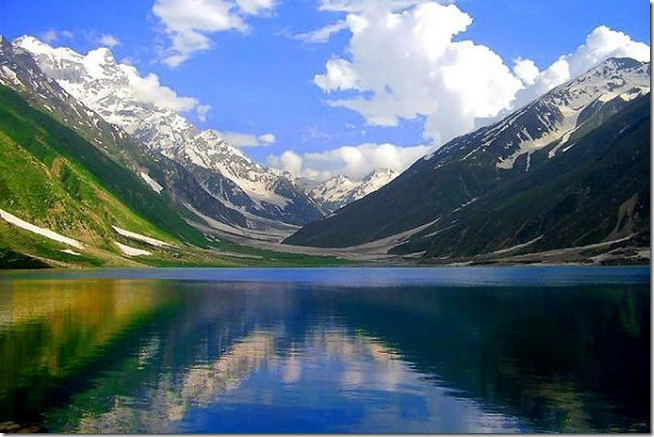
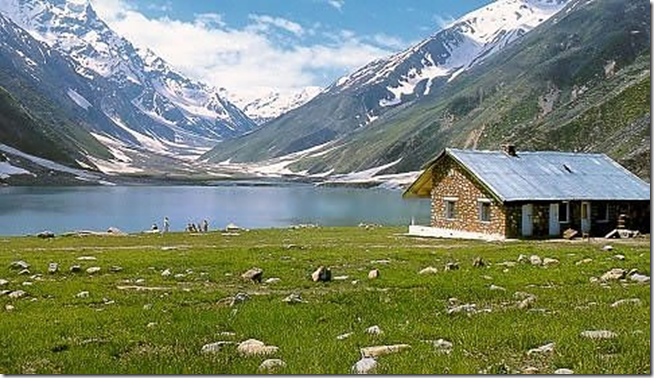
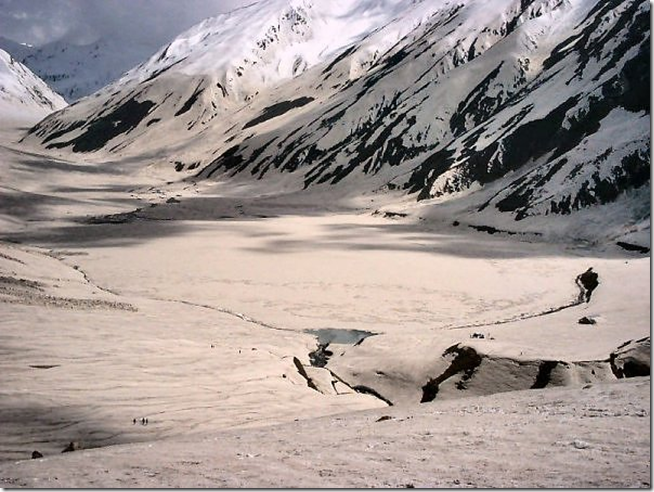
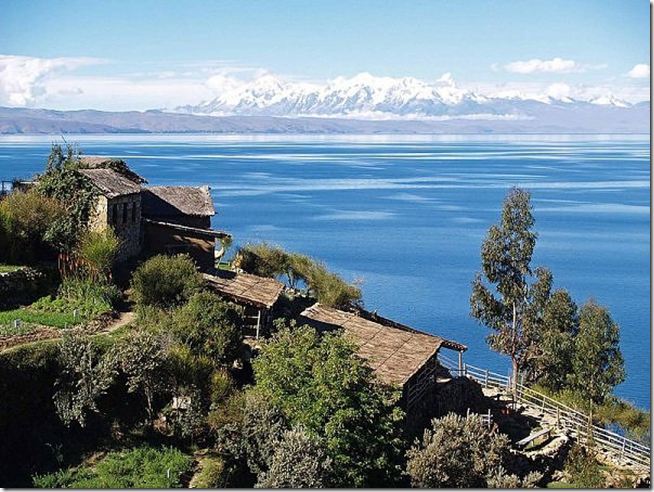
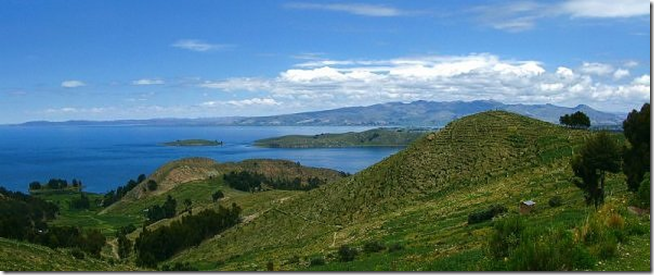




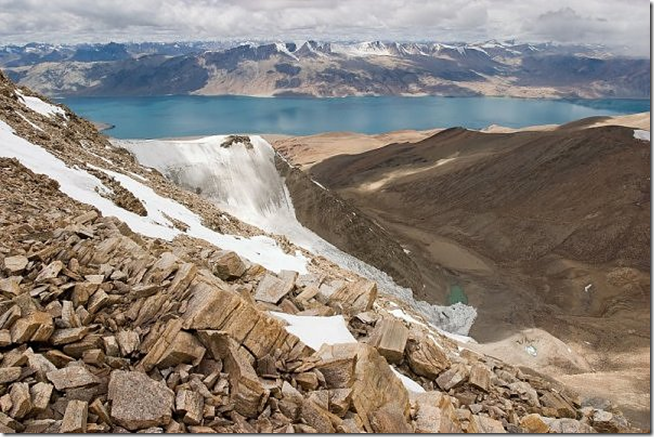
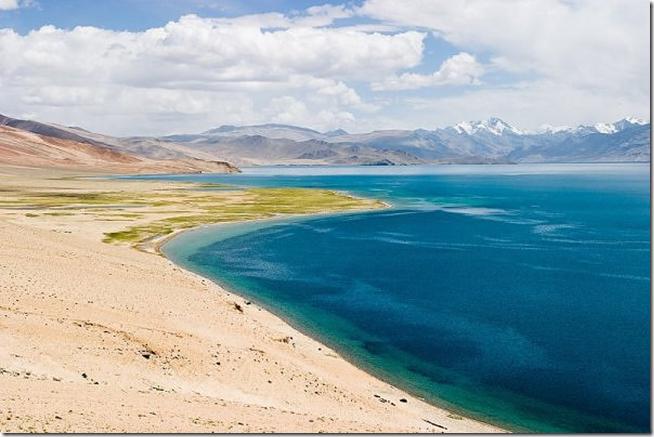

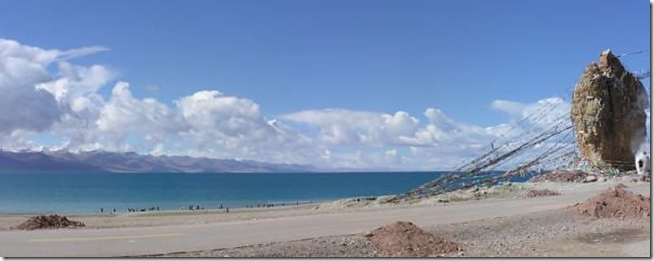
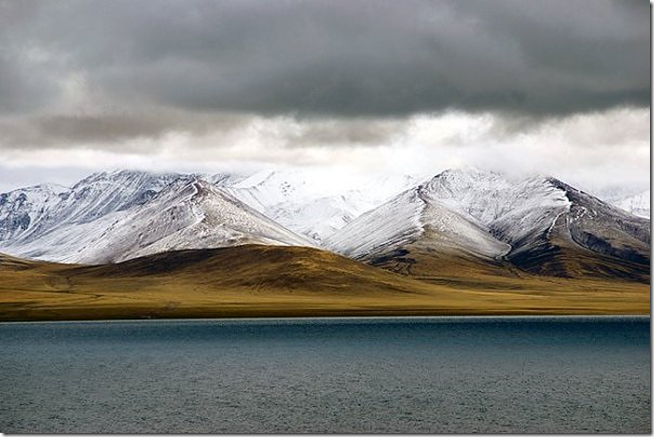
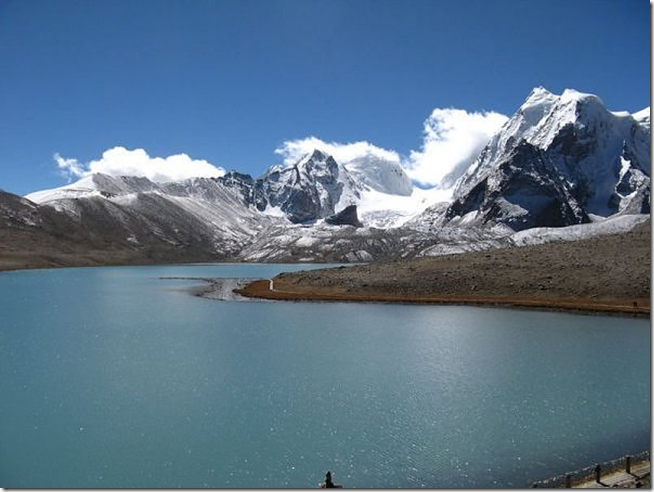

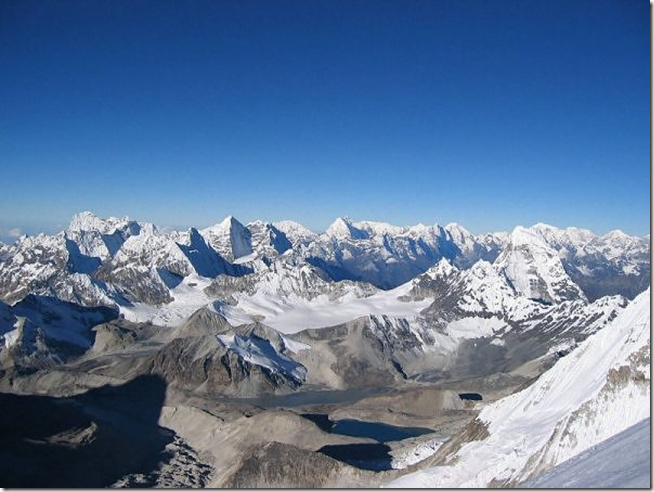
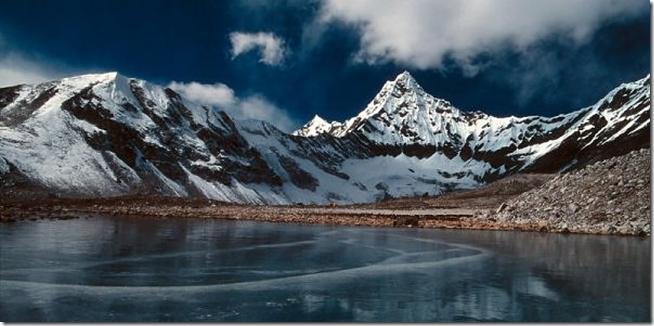
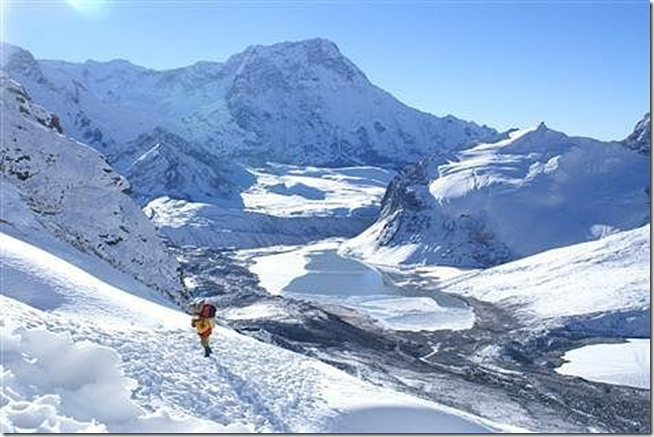
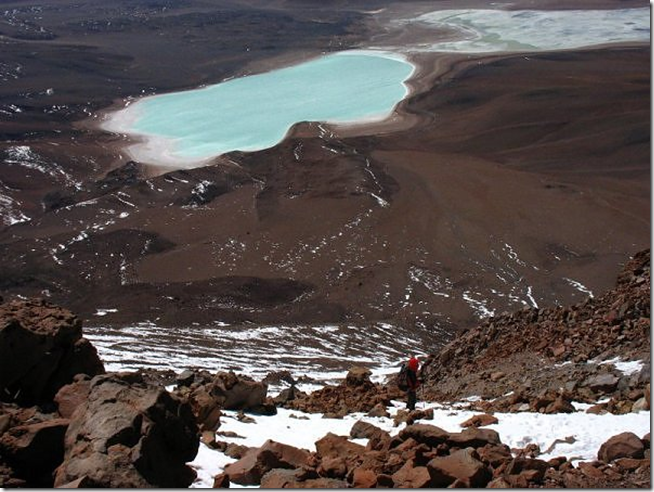
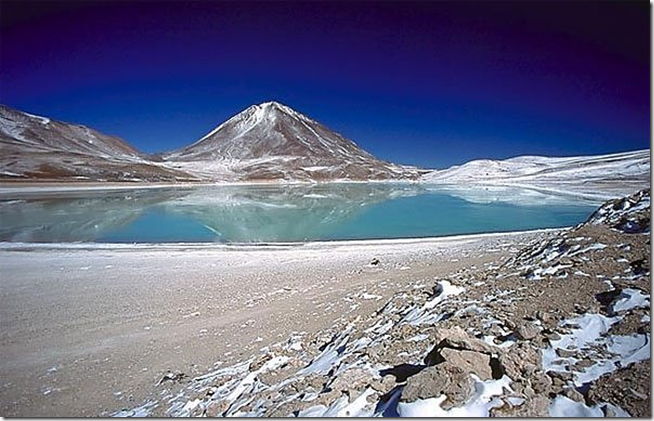
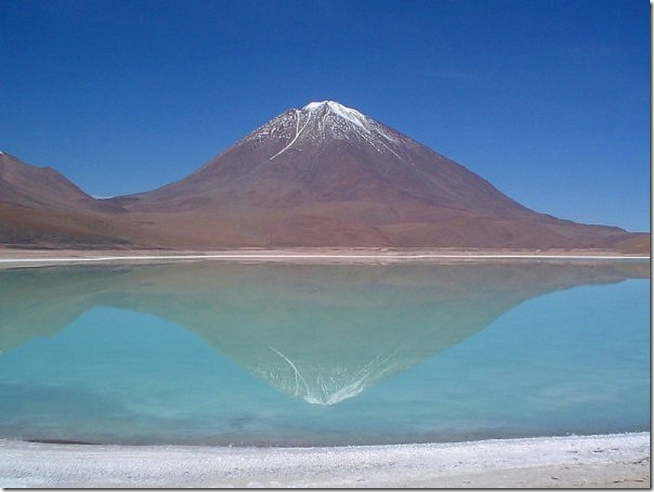


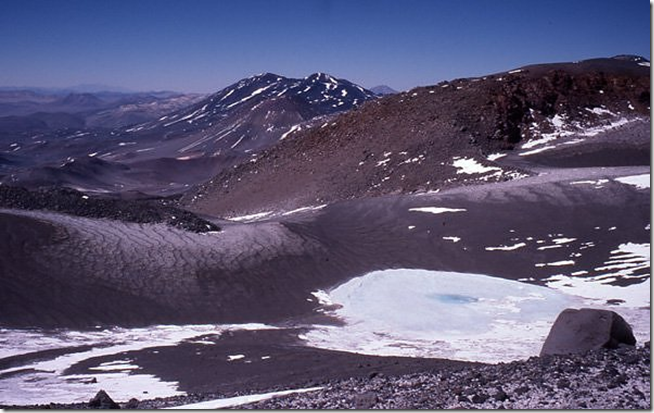
No comments:
Post a Comment
Please adhere to proper blog etiquette when posting your comments. This blog owner will exercise his absolution discretion in allowing or rejecting any comments that are deemed seditious, defamatory, libelous, racist, vulgar, insulting, and other remarks that exhibit similar characteristics. If you insist on using anonymous comments, please write your name or other IDs at the end of your message.